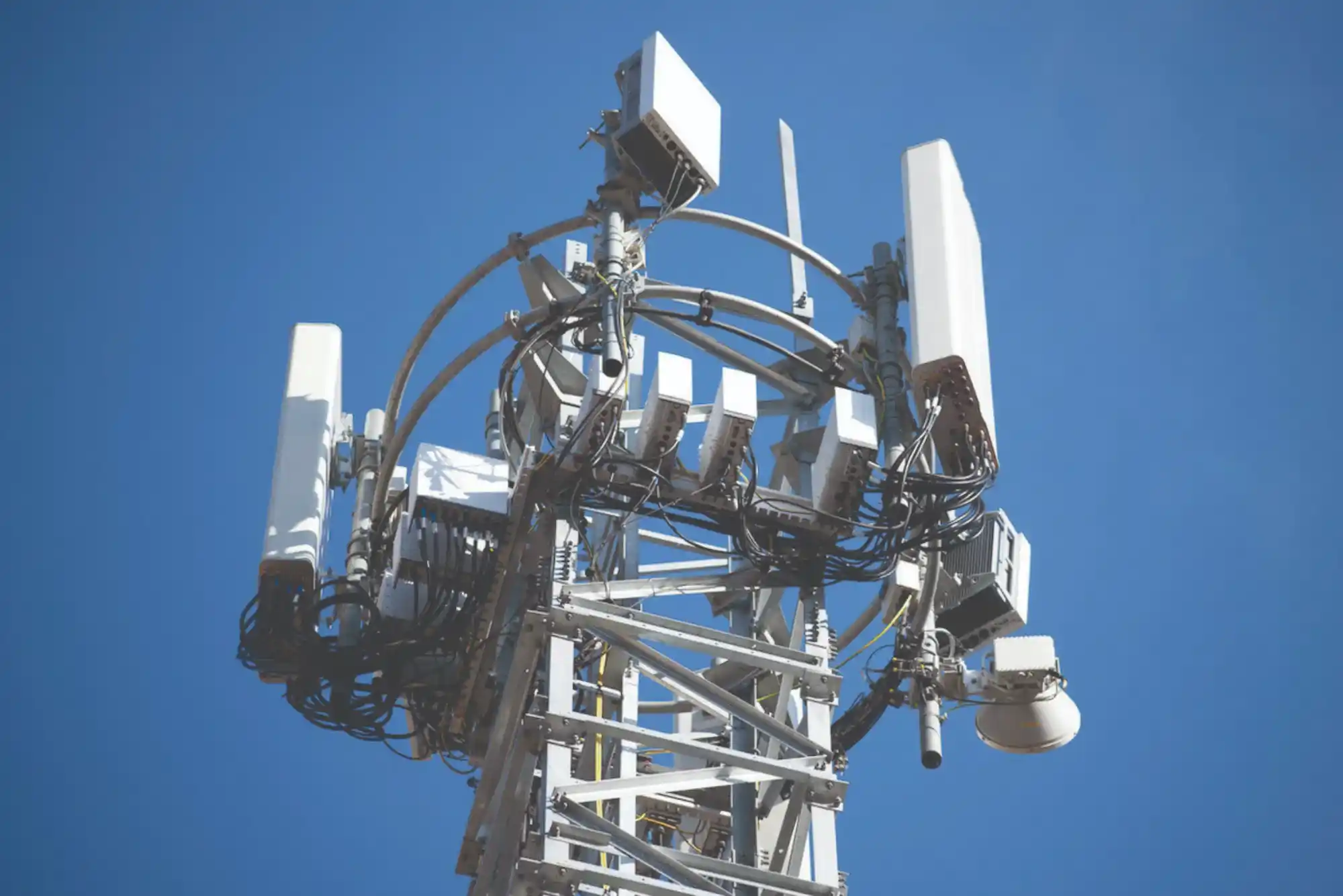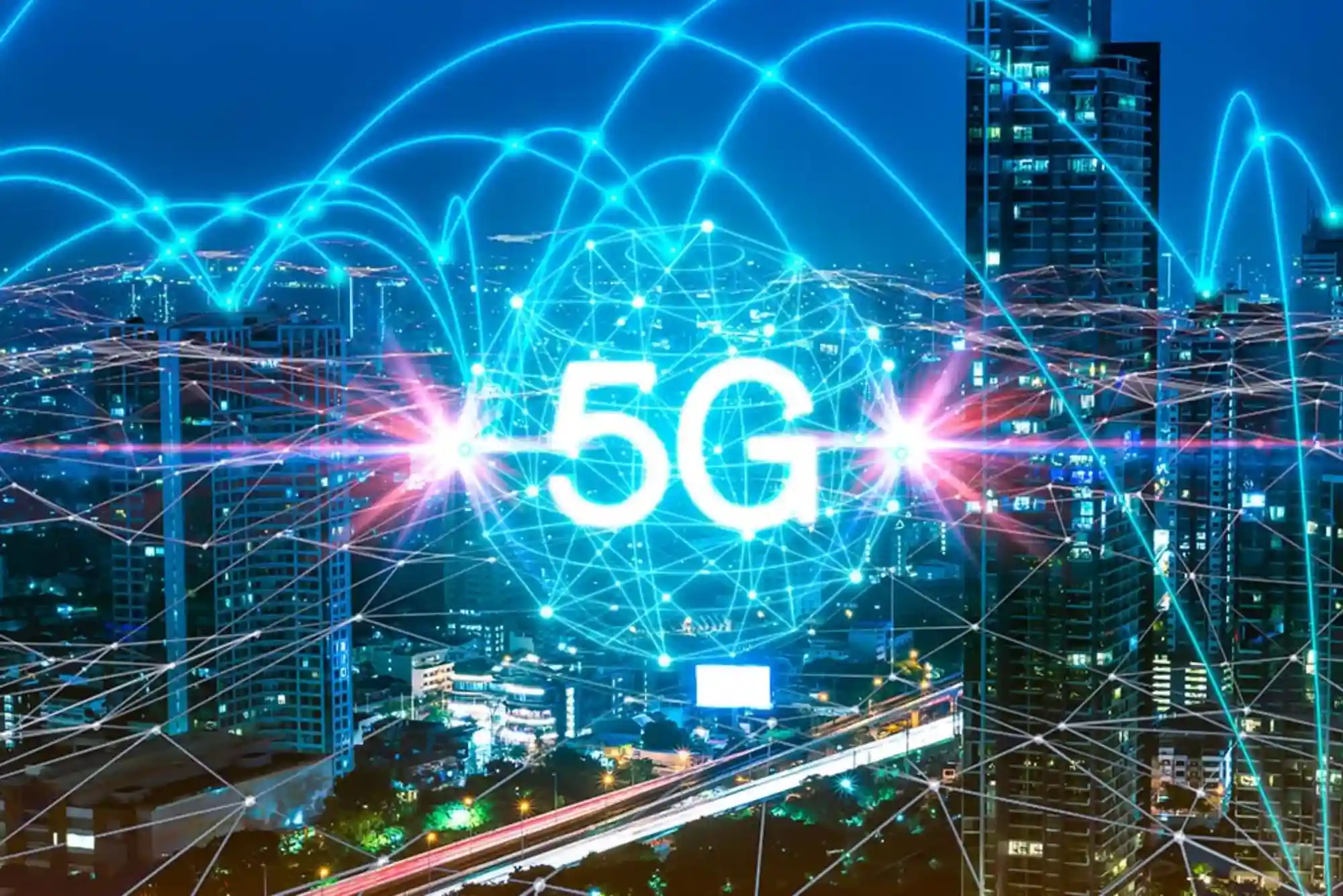The telecommunication landscape in Nigeria has been undergoing significant transformations, particularly with the accelerated deployment of 4G and 5G networks. This change is primarily driven by two of the largest telecommunication giants in the country: MTN Nigeria and Airtel Nigeria. As both companies invest heavily in network expansion and innovation, Nigeria is positioning itself as a leader in digital communication within the African continent. This article delves into the current state of Nigeria’s telecommunication panorama, examining how MTN and Airtel are shaping the growth of advanced network technologies.
The Current State of Telecommunications in Nigeria
Nigeria has one of the largest telecommunications markets in Africa, with millions of subscribers relying on mobile networks for communication, internet access, and various digital services. According to the Nigerian Communications Commission (NCC), the number of internet users in Nigeria surpassed 150 million in recent years, a figure that continues to grow as more people gain access to smartphones and data services.
Historical Background
The telecommunications sector in Nigeria has evolved significantly since the deregulation of the industry in the early 2000s. Initially dominated by a few state-owned enterprises, the market opened up to private operators, leading to rapid growth and innovation. Today, MTN and Airtel are key players, alongside other competitors such as Glo and 9mobile.
Infrastructure Development
The growth of telecommunications in Nigeria has been largely fueled by investments in infrastructure. Fiber optic networks, mobile towers, and data centers are critical components that support the delivery of 4G and 5G services. MTN and Airtel have made substantial investments in these areas, enhancing their capabilities to provide high-speed internet services to millions of Nigerians.
The Role of MTN in Network Expansion
MTN Nigeria, a subsidiary of the South African multinational MTN Group, has played a pivotal role in advancing Nigeria’s telecommunications sector. With a subscriber base exceeding 75 million, MTN is the largest mobile network operator in the country.
Investment in 4G and 5G Technologies
MTN has been at the forefront of introducing advanced network technologies in Nigeria. The company launched its 4G network in 2016, significantly enhancing the speed and quality of mobile internet services. More recently, MTN has begun rolling out 5G technology, which promises even faster speeds, lower latency, and improved connectivity for various applications, including smart cities, autonomous vehicles, and the Internet of Things (IoT).
Strategic Partnerships and Collaborations
To accelerate the deployment of its 5G network, MTN has engaged in strategic partnerships with technology providers and stakeholders in the telecommunications ecosystem. Collaborations with companies specializing in network infrastructure, such as Huawei and Ericsson, have facilitated the development and rollout of 5G technology. These partnerships are essential for ensuring that MTN can provide reliable and high-quality services to its customers.
Airtel’s Contributions to Network Growth

Airtel Nigeria, a subsidiary of Bharti Airtel, has also been instrumental in the growth of telecommunications in the country. With over 50 million subscribers, Airtel has focused on enhancing its network capacity and improving service quality.
Expansion of 4G Services
Airtel began its 4G rollout shortly after MTN, aiming to capture a significant share of the market. The company has invested in expanding its 4G network coverage across urban and rural areas, thereby improving accessibility to high-speed internet services. This expansion is crucial for bridging the digital divide and ensuring that more Nigerians can access the internet.
Commitment to 5G Deployment
Airtel has announced plans to launch its 5G network in Nigeria, aligning with the global trend of adopting next-generation network technologies. The company is exploring opportunities to leverage 5G for various applications, including enhanced mobile broadband, smart solutions for businesses, and improved connectivity for underserved communities.
Impact on Digital Transformation
The efforts of MTN and Airtel in expanding 4G and 5G networks have far-reaching implications for Nigeria’s digital transformation. Improved connectivity fosters innovation across various sectors, including education, healthcare, and finance.
Economic Growth and Job Creation
The telecommunications sector is a significant contributor to Nigeria’s economy. The expansion of 4G and 5G networks is expected to create new job opportunities, particularly in technology, data analytics, and digital services. As businesses embrace digital transformation, the demand for skilled professionals in these areas will increase.
Enhancing Quality of Life
Access to high-speed internet is essential for improving the quality of life for Nigerians. Enhanced connectivity allows individuals to access educational resources, healthcare information, and employment opportunities. Additionally, businesses can leverage digital platforms to reach a broader audience and improve operational efficiency.
Regulatory Framework and Challenges
The rapid growth of telecommunications in Nigeria has not been without challenges. The regulatory environment, while supportive of innovation, also poses hurdles for operators like MTN and Airtel.
Regulatory Oversight
The Nigerian Communications Commission (NCC) plays a crucial role in regulating the telecommunications industry. The NCC’s policies aim to promote fair competition, protect consumers, and ensure that operators invest in infrastructure. However, regulatory delays in granting licenses for new technologies, such as 5G, can hinder progress.
Infrastructure Challenges
In recent years, Nigeria’s telecommunication panorama transforms as MTN and Airtel propel 4G and 5G networks growth, revolutionizing the digital landscape of the country. With substantial investments in infrastructure and technology, both companies are enhancing connectivity for millions of Nigerians, fostering economic development and improving the quality of life. As MTN leads the charge in 5G deployment, Airtel complements these efforts with its robust 4G expansion, collectively bridging the digital divide and positioning Nigeria as a key player in the African telecommunications market. This transformation not only supports local businesses and innovation but also aligns with the global trend towards advanced network solutions, ensuring that Nigeria keeps pace with international digital advancements.
Despite significant investments, infrastructure challenges remain a critical issue. Many regions in Nigeria still lack adequate telecommunications infrastructure, making it difficult for operators to provide consistent service. Additionally, power supply issues can impact the reliability of mobile networks.
Future Prospects for Telecommunications in Nigeria
The future of telecommunications in Nigeria looks promising, driven by the continued efforts of MTN and Airtel. With the ongoing rollout of 4G and 5G networks, Nigeria is set to become a hub for digital innovation in Africa.
Expanding Internet Penetration
As both companies work to expand their networks, internet penetration in Nigeria is expected to increase significantly. This expansion will enhance access to digital services, particularly in rural areas where connectivity has traditionally been a challenge.
Driving Innovation and Competition
The competitive landscape in Nigeria’s telecommunications sector will likely stimulate innovation. As MTN and Airtel continue to invest in advanced technologies, they will also seek to differentiate themselves through improved service offerings and customer experiences. This competition will ultimately benefit consumers, who will enjoy better services at competitive prices.
The transformation of Nigeria’s telecommunication panorama, propelled by the efforts of MTN and Airtel, marks a significant milestone in the country’s digital evolution. As 4G and 5G networks continue to expand, Nigeria is poised to harness the full potential of digital technology, fostering economic growth, improving quality of life, and positioning itself as a leader in the African telecommunications market. The collaboration between the public and private sectors, alongside a supportive regulatory environment, will be critical to sustaining this momentum and ensuring that all Nigerians can benefit from the digital revolution.




